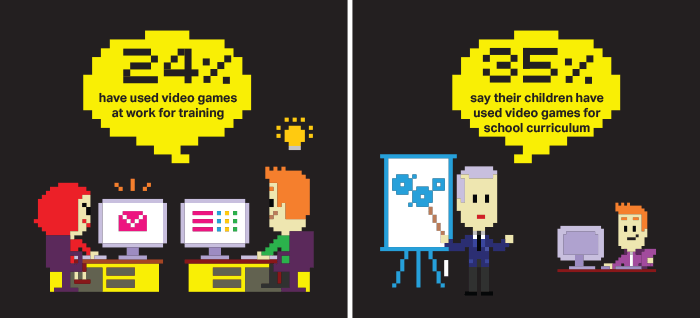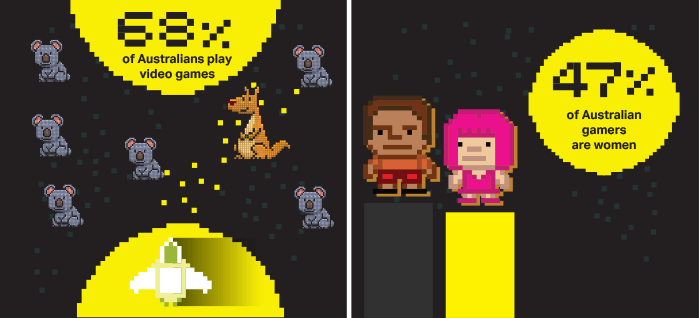Have you got game?
As the competition for STEM graduates remains fierce, recruiters are increasingly turning to gamification to capture the attention of digital natives, and get them engaged early.
Video games are being played by two-thirds of Australians according to IGEA’s Digital Australia 2016 report. Chief executive Cherie Curtis of people analytics company, Revelian told Without Limits that a broad range of companies, from government departments, to finance and accounting institutions are using assessments that look like video games to attract that notoriously hard market to crack – Millennials.
“The employer brand experience point is an important one – particularly in graduate recruitment where the applicant demographic is skewed to Millennials (who lead digitally rich lives), and competition for the best talent can be fierce,” she says.
“The use of game-based assessments is a simple way to differentiate your company from its competitors.”

And it seems to be working. A survey by Revelian revealed that 80 percent of job candidates in the assessment phase preferred participating in game-based assessments to a more traditional psychometric test.
“Very few people really look forward to taking a test, and can find the typical question-and-answer format of psychometric assessment very anxiety-provoking. Game-based assessments are perceived as more fun, less stressful, more interactive and immersive. It’s a much better experience for the candidate,” Curtis says.
AECOM Australia & New Zealand Manager of Graduate Recruitment Annika Wilson says she elected to use gamification this year to remain top of candidate’s minds in what is a very competitive process.
“It’s a lot more fun and removes some of that anxiety you would feel as a candidate. Even if they didn’t get through, hopefully they would be left with a good impression of AECOM and the experience of doing an assessment, which essentially looks and feels like playing a video game.” she says.
For the employer, using gamification is also a way to capture individual qualities and characteristics in a different way to traditional assessments.

“Beneath the game façade lies an incredible scoring framework – you can capture in excess of 10,000 data points per session, from the speed of a mouse click, to its accuracy, to a candidate’s pattern of response. Every single interaction is measured and analysed to form a more complete view of the candidate.”
“Games are more reflective of how we work now – interactive, multitasking, coping with a variety of distractors, ” Curtis says.
For employers using games based assessment, it’s important that the platforms are used in tandem with more traditional recruitment processes.
“Most organisations successfully using game-based assessments are incorporating them into multi-faceted processes that encompass more traditional psychometric and skills tests, resume and application reviews, interviews and reference checking,” Curtis says.







